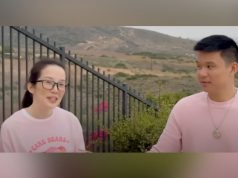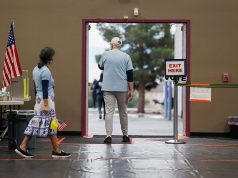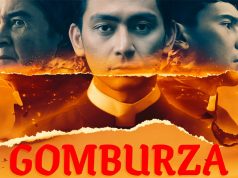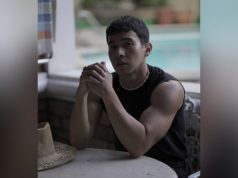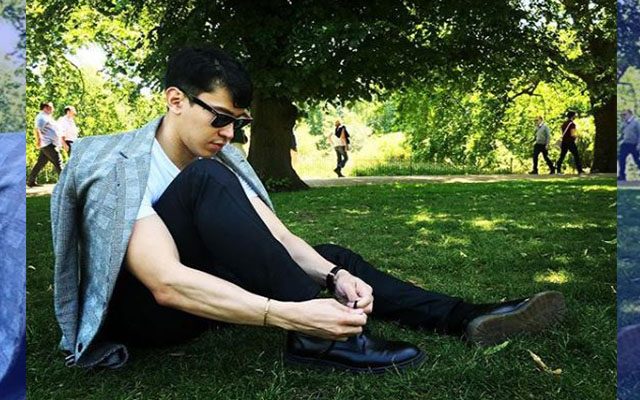
Social media users admired Enchong Dee’s insight on Philippine politics being filled with a considerable amount of former entertainers and how he lamented the situation.
The actor shared a news article on Vice Ganda suggesting new songs to be revised by Senate President Vicente “Tito” Sotto III after he proposed to have the last line of the national anthem changed.
When our entertainers lead the nation and the leaders of our nation entertain… we are doomed. https://t.co/aJiAc16x8I
— Enchong Dee (@enchongdee777) September 22, 2018
According to the senator, the lines “Aming ligaya na pag may mang-aapi, ang mamatay ng dahil sa ‘yo” sounded defeatist. He declared that it should be changed to “Ang ipaglaban ang kalayaan mo.”
Filipinos were quick to bash his proposal, stating that there are other pressing matters in the country that needed more attention.
Tito Sotto wants to change the lyrics of the national anthem because he believes it is "defeatist". He concerns himself with this illusion while finding nothing defeatist in the government's actions on West Philippines Sea.
— Jude Mangilog (@judemangilog) September 20, 2018
philippines: inflation
poverty
food shortage
natural calamities
war on drugs
overpopulation
health issues etctito sotto: uhh, i’m bored! palitan natin lyrics ng lupang hinirang. g?
— maypearl (@harrysplashing) September 20, 2018
Sotto shortly conceded but stressed that he preferred Joey Ayala’s version better, where the last line of the “Lupang Hinirang” is sung as “Ang magmahal nang dahil sa ‘yo.”
Maraming mahina intindimiento. Ayaw nyo? Hwag! But i will support Joey Ayala’s version of singing d Natnl Anthem. Tama pronunciation n intonation. D orig translation frm spanish to eng to Fil is d cause of d wrong cadence of words.
— Tito Sotto (@sotto_tito) September 20, 2018
The issue prompted Dee to speak up on Twitter and shared that such a scenario happens when “entertainers lead the nation.”
Sotto was a songwriter, actor and a member of the Manila Sound group VST & Company before he became a public official.
Dee’s comment on “when leaders of our nation entertain” alludes to Vice Ganda suggesting songs to be revised in response to Sotto’s proposal.
Some of Vice’s suggestions include revising a folk song that talks about alleged human trafficking, a song on a worthless police officer and a nursery rhyme that should end on a positive note.
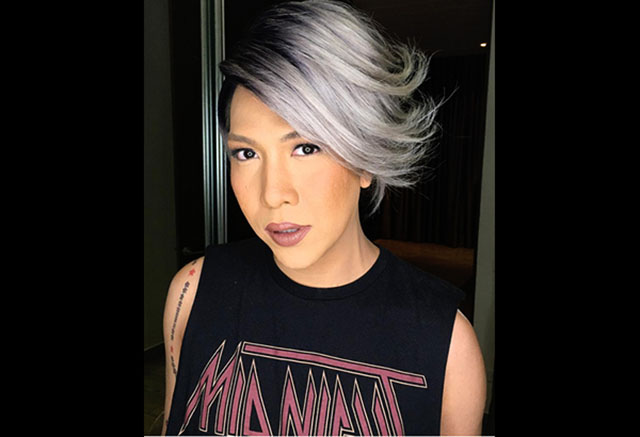
Referring to the context of “Sitsiritsit Alibangbang,” the comedian exclaimed, “Wala na ba kayong pagpapahalaga sa buhay ng kabataan? Buhay iyon eh, regalo mula sa langit. Dinala sa sinapupunan ng siyam ng buwan ng isang magiting ng ina.”
The folk song suggests that it’s alright to swap a child with a doll and a shrimp paste or bagoong.
Even though he’s a comedian, Vice is known to tweet issues pertaining to politics. Last May 2017, he lamented how capable people are not given the chance to run in public office.
Ang saklap na yung mga mahuhusay at matitinong tao di nabigyan ng pagkakataong magkapwesto sa gobyerno. Pero yung mga pulpol namamayagpag.
— jose marie viceral (@vicegandako) May 4, 2017
The deal with entertainers versus politicians
Entertainers joining politics in the Philippines is not a new phenomenon. Even though some do not have a strong political background, their appeal and charm make up for it.
According to The Guardian, people tend to lean towards entertainers because they are “non-politicians.”
Politicians are believed to be “universally disliked and increasingly associated with being unsuccessful.” They are also associated with acts of bribery and committing actions with ulterior motives.
On the other hand, entertainers are usually perceived as individuals brimming with success. They are also generally well-beloved by the public.
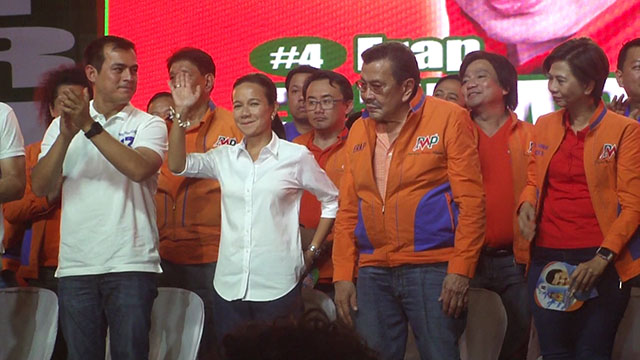
Robert Thompson, a professor of television and popular culture at the S.I. Newhouse School of Public Communications at Syracuse University, noted that an entertainer and a politician wields similar traits in terms of harnessing the public’s attention.
“With 24-hour news channels, a political leader has to look good, appeal to an audience, talk to the cameras, present a persona — in many respects it’s a relatively similar set of skills required of an actor,” he shared.
Thompson added that entertainers have more “head start” with their potential rivals because they have already cultivated a following compared to non-celebrity aspiring public officials.
“They (entertainers) have instant brand name recognition. They are starting way ahead of someone working up to name recognition — which needs a good amount of time and money,” he added.
Arvind Rajagopal, a professor of media studies at New York University, cited that people tend to resort to charisma in choosing their leaders, hence the tendency to vote for entertainers.
“In cases where there is an uncertain outcome, where there is no guarantee of a good leader, we can see a substantive logic in seeking out a charismatic leader,” he observed.




